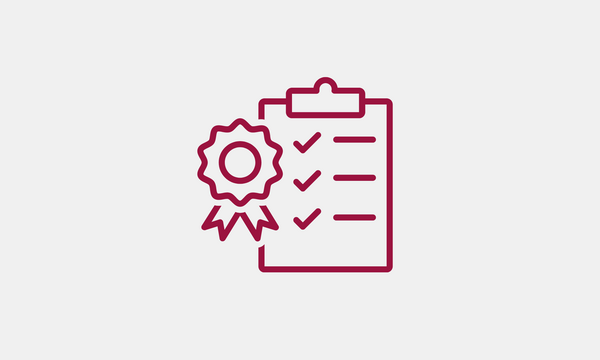
How to Incorporate Design Principles into Your Projects

In our Unprecedented series, we’re introducing you to the public servants and civic tech practitioners whose work is making a real difference for residents during COVID-19. Chime in on Twitter using the #unprecedented hashtag.
Like millions of people around the world, Canadian public servants are working from home for the foreseeable future. But once their home offices are all set up, for some, it’s still not business as usual. Public servants are among those whose everyday work is full of new and pressing priorities because of COVID-19. They’re responding to community emergencies, and working to support colleagues who are preoccupied on the frontline.
During the week of March 10, as public spaces started to close, questions about how government teams could effectively work in this new scenario started bubbling up from public servants on Twitter. Rebecca Nava, a Learning Specialist and Free Agent with the Canada School of Public Service (CSPS) Digital Academy, remembers watching them snowball: How do we work as a team? What everyday norms from the office do we adhere to? How do we talk to each other? Where do we put information?
A 2017 Public Service Employee Survey reported less than 10% of government teams regularly practice remote work. There was no roadmap in place for making a change of this size and complexity overnight.
Rebecca and her colleagues at CSPS are among some of the few government teams that were already working remotely on a regular basis before COVID-19. In fact, on busrides.ca, a website for public servants with micro learnings on digital technology, Rebecca and her colleagues crafted a small how-to guide on remote work in November, 2019. But as more needs started to surface, so did obvious content gaps on the site, so members of the CSPS team snapped into action to make sure their colleagues had what they needed to confidently reimagine how they’d do their jobs.
“We basically swarmed a Google document and started piling things in. Then the question became, where do we put this stuff? We have all these resources, where do they go?” Rebecca says.
So Rebecca’s colleagues, Amanda Bernardo and Mandy Hoyt, began to group the guide content into segments, like tips for managers and for employees, how to manage mental health, and communication strategies. And while her teammates organized everyone’s ideas, Rebecca helped to get the new section of the site up and running —crafting guide language, and putting on the finishing visual touches. “I would say in three or four days we had we had all the English content ready, then by seven days, we had most of it in French,” she remembers.

The finished product is the Going Remote Guide, which covers everything from tips to conducting virtual meetings, to guidance on professional development. In the weeks since social distancing became mandatory, the guide has seen a 400% spike in traffic. It’s most popular page — Remote Work: For Employees — isn’t a surprise. In 2017 the Public Service Employee Survey reported less than 10% of government teams regularly practice remote work.
As public servants settle into a new rhythm, Rebecca wonders how the shift to working remotely will shape the way government teams do their jobs moving forward. “We cannot deny that this is going to change things for government. Now that employees have seen that we can do this, and managers know that it’s possible to do their jobs in this environment, it’s going to be a seismic shift,” she says.
Adapting to life with COVID-19 has required creativity from a lot of humans of the civic tech and digital government communities. Like Rebecca and her colleagues at the CSPS Digital Academy demonstrated, working collaboratively and in the open will be an important part of any team’s success, during the pandemic, and beyond.
Rebecca Nava on how COVID-19 could change the future of work in government.
Take a look at what other folks in the civic tech and digital government community are doing to adapt to life during coronavirus in our #unprecedented series, or on twitter — #unprecedented. If there’s a story you think we should know about, share it here.
End of articles list